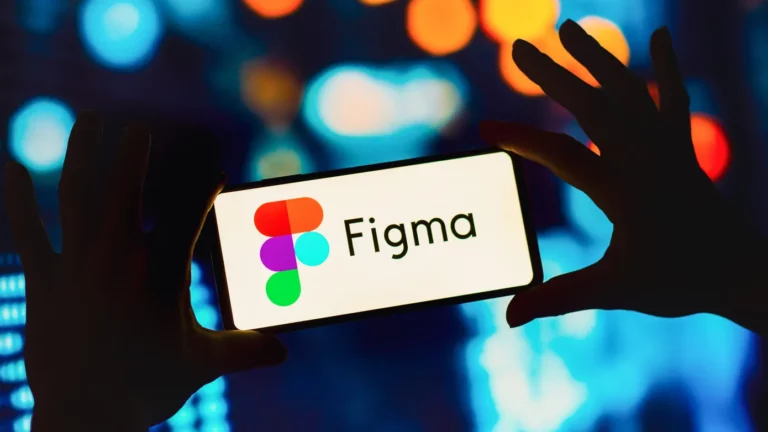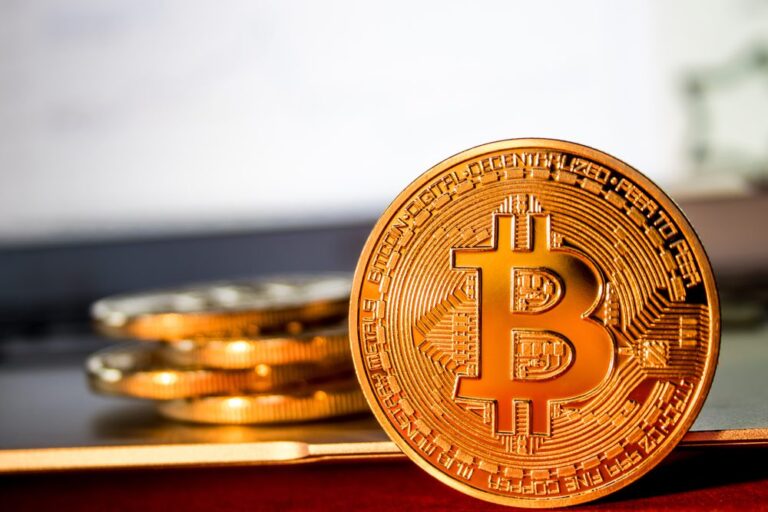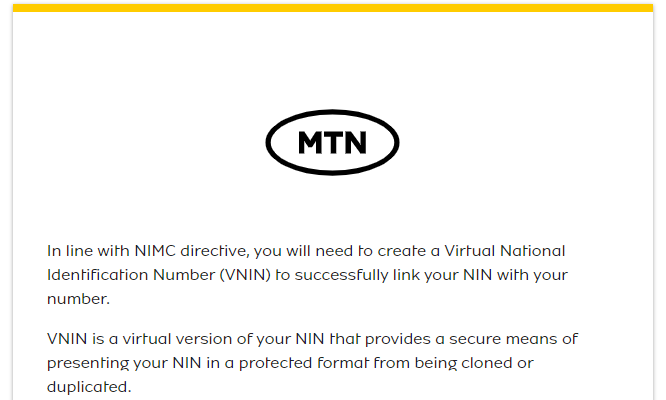
The original accusation against JPMorgan, a major US bank, stated that the bank provided financial services that facilitated Epstein’s abusive activities, disregarding warning signs in order to profit from a wealthy client.
JPMorgan has claimed that Epstein himself is responsible for the crimes and asserted that they severed ties with him upon discovering his misconduct.
Both parties involved in the case have reached a settlement, which was announced early on Monday. They believe that the agreement is beneficial for all parties involved, particularly the survivors who suffered from Epstein’s horrendous abuse. The settlement amount of $290 million was disclosed by plaintiffs’ attorney David Boies through a spokeswoman.
This settlement, pending court approval, follows a similar resolution involving Deutsche Bank, which agreed to pay $75 million in May to settle claims brought by one of Epstein’s victims.
These lawsuits have compelled Wall Street banks to confront their role in the Epstein scandal, as Epstein himself died in prison in 2019.
The news of this recent agreement coincided with US District Judge Jed Rakoff’s decision to grant class-action certification to the claims made by plaintiff Jane Doe 1 and others in similar situations. In a 30-page ruling, Judge Rakoff determined that there were enough victims to form a class and that the case met the necessary requirements.
Judge Rakoff stated, “The central issue in this case—the plaintiff’s allegation that JPMorgan supported Jeffrey Epstein’s sex-trafficking scheme while being aware of or should have been aware of its operation—shares a common set of law and facts.”
‘We Regret it’
The law firm Boies Schiller Flexner, which represented plaintiffs in both the Deutsche Bank and JPMorgan cases, praised the settlement as a significant step toward achieving justice.
Attorney Sigrid McCawley, a partner at Boies Schiller Flexner, stated that the settlements are life-changing and historic for the survivors. She emphasized that the flow of money between Epstein’s global sex trafficking operation and major Wall Street banks is now being decisively used for good. McCawley highlighted the importance of financial institutions in detecting and putting an end to sex trafficking.
JPMorgan Chase reiterated its regret over its association with Epstein and acknowledged the monstrous nature of his behavior. The bank spokesperson expressed remorse for any involvement with Epstein, stating that it was a mistake and they would never have continued to do business with him if they had believed he was using their bank to commit heinous crimes. JPMorgan had been providing banking services to Epstein since 1998 but only cut ties with him in 2013.
Plaintiffs alleged that JPMorgan either knew or should have known since 2006 that it was supporting a sexual predator, but the bank continued to keep Epstein as a client beyond that period. The case involved a deposition from JPMorgan Chase CEO Jamie Dimon, where questions focused on when top officials became aware of Epstein’s actions and why he wasn’t terminated as a client earlier. JPMorgan has attributed the maintenance of the relationship with Epstein to former executive Jes Staley. Ongoing litigation involves disputes between the bank and Staley, as well as cases between JPMorgan and the US Virgin Islands, as mentioned in the joint statement.
On Friday, the victims’ attorneys requested a second round of testimony from Dimon, alleging that the bank strategically withheld documents prior to his deposition on May 26, 2023, which hindered their ability to question him effectively.
Epstein was previously convicted in Florida in 2008 for paying young girls for massages but served only 13 months in jail as part of a secret plea deal. He later faced charges of trafficking underage girls for sex and died by suicide in a New York jail cell in August 2019 at the age of 66.






